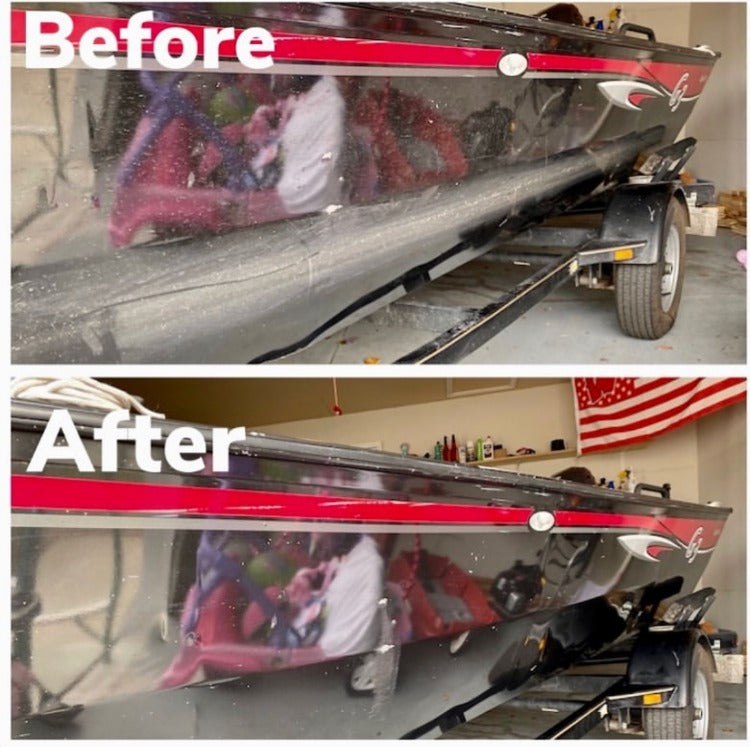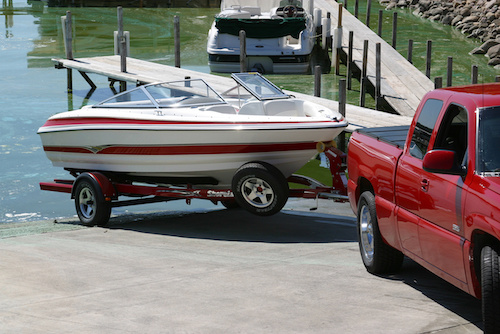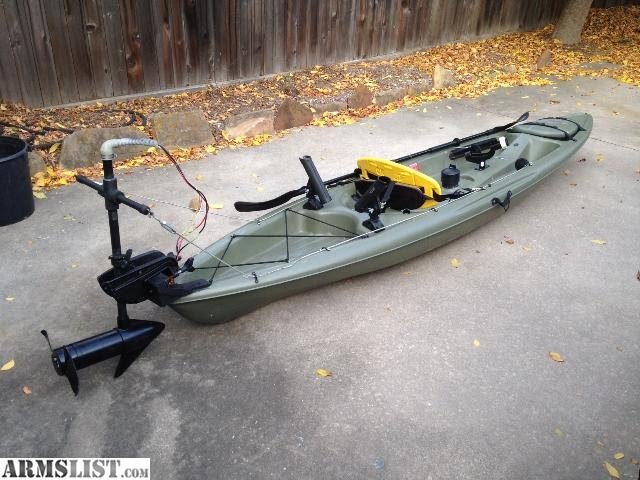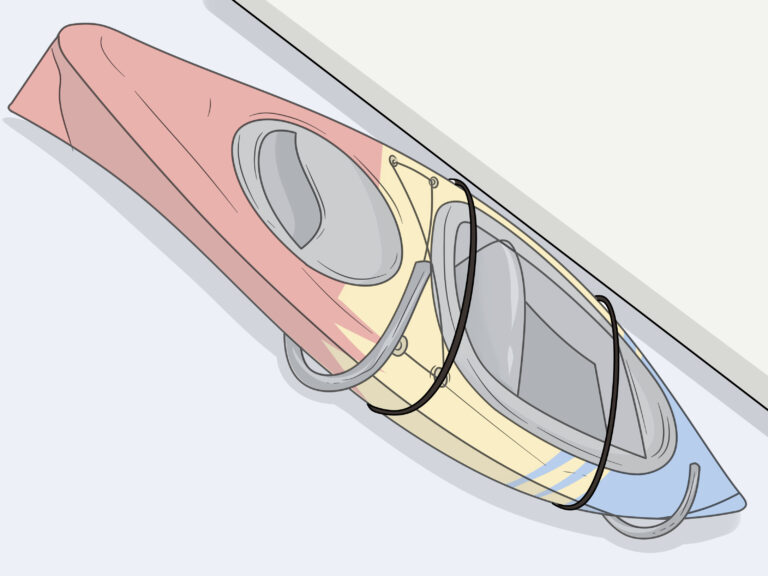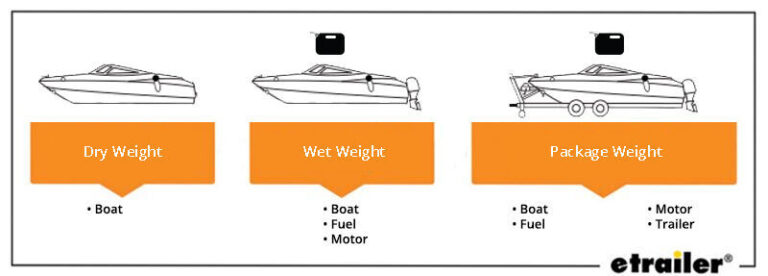How Much Does a Fishing Boat Weigh
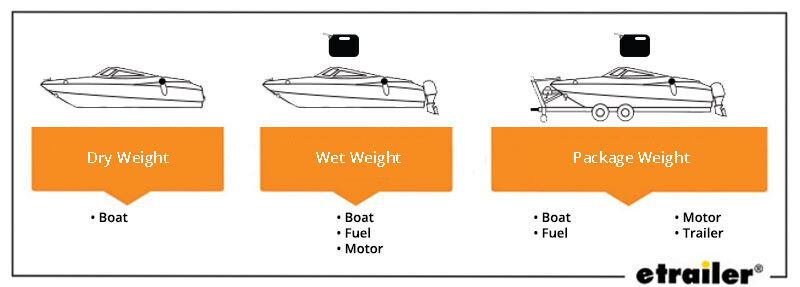
The average fishing boat weighs between 1,500 to 4,500 pounds (680 to 2,040 kilograms). Small freshwater fishing boats can weigh as little as 300 pounds (136 kilograms), while large offshore fishing boats can exceed 40,000 pounds (18,144 kilograms).
Exploring the world of fishing boats reveals a vast range of sizes and types, each with a unique weight class. From lightweight canoes perfect for serene lake outings to hefty trawlers designed for the open sea, fishing vessels are as diverse as the fish they pursue.
Any angler knows that the size and build of the boat not only influence its weight but also define its maneuverability, the waters it can navigate, and the size of the catch it can handle. What’s more, the materials used in construction—from aluminum to fiberglass—play a crucial role in determining the overall heft of these maritime tools. Understanding the weight of your fishing boat is imperative, affecting everything from transport to the power of the motor needed for smooth sailing.
Dive Into The Fishing Boat Spectrum
Fishing boats come in various shapes and sizes. Common types include bass boats, trawlers, and pontoon boats. Each designed for specific fishing needs. Bass boats are sleek for freshwater angling. Trawlers gear towards deep-sea fishing. Pontoons offer stability for casual fishers. Selection impacts weight significantly.
Fishing boat materials also affect overall heft. Fiberglass and aluminum rank as top choices. Fiberglass boats are sturdy but heavier. Aluminum boats are lighter and easy to maneuver. Quality and boat size dictate final weight. Understanding these factors ensures a smart purchase.
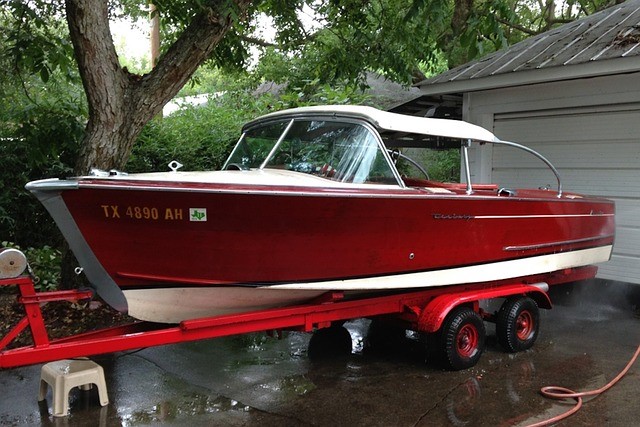
Credit: www.destinedto.com
Factors Affecting Fishing Boat Weight
The size of a fishing boat greatly changes its weight. A small boat can be just hundreds of pounds. A large vessel might weigh several tons. It’s essential to know the exact size when learning about weight.
Boat accessories also add extra weight. Items like motors, seating, and storage cabinets make a boat heavier. Safety gear and fishing equipment can increase weight too.
Average Weight Range By Boat Type
Small freshwater boats vary widely in weight. A typical aluminum fishing boat can weigh between 300 to 500 pounds. Lighter plastic or fiberglass is used for kayak-type models, weighing around 40 to 100 pounds. Small bass boats, popular with anglers, tip the scales at 1,500 to 2,500 pounds.
Offshore fishing vessels are much heavier. They are built to handle rough waters. Standard sizes range from 5,000 pounds to a massive 40,000 pounds for larger boats. This category includes cabin cruisers and large sportfishers.
| Boat Type | Weight Range |
|---|---|
| Small fresh water boats | 300 – 2,500 lbs |
| Offshore fishing vessels | 5,000 – 40,000 lbs |
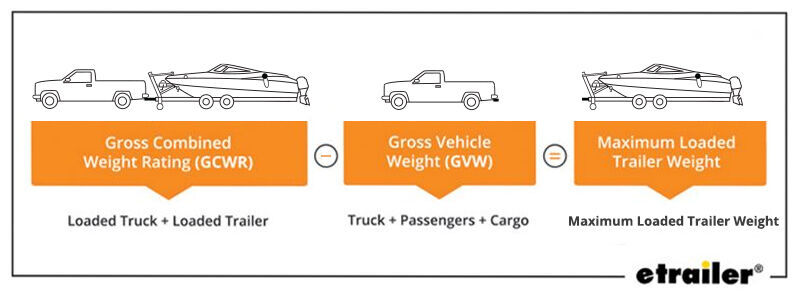
Credit: www.etrailer.com
Real-world Examples
Different fishing boat brands have various weights. Let’s examine some key examples. A popular small fishing boat, like the Boston Whaler 130 Super Sport, typically weighs about 640 pounds without the engine. On the other hand, a larger vessel such as the Grady-White Canyon 456 comes in at an impressive 22,500 pounds, again excluding the engine and gear.
Gear can greatly increase the total weight of a fishing boat. Including basic equipment and safety gear, an additional 300 to 500 pounds might be added. For those with more advanced fishing gear and accessories, the weight can increase significantly more. Understanding these variances is crucial for proper hauling and maintenance.
Importance Of Knowing Your Boat’s Weight
Knowing the weight of your fishing boat is vital. It affects how you move it on land. Using the correct trailer and vehicle is key. The weight impacts the type of roads you can use. It also sets legal driving requirements.
Weight affects how the boat sails. It changes speed and fuel use. A heavy boat moves slower. It also uses more gas. Weight touches on boat balance, too. A well-balanced boat is safer. It also handles better in water. All boaters must know their boat’s weight.
Calculating Total Tow Weight
Understanding the total tow weight of a fishing boat includes several factors. Boat weight is just one part of the equation. You must also consider the weight of the motor and the trailer. Most fishing boats range from 700 to 4,000 pounds. Outboard motors add 300 to 600 pounds. Fishing boat trailers can vary, adding 300 to 1,500 pounds.
The sum of these weights gives the total tow weight. This weight is crucial for safe transportation. Your vehicle’s towing capacity must exceed this total. Each vehicle has a maximum legal towing limit. It is important to check this limit before towing a boat. This ensures you never exceed weight regulations. Always refer to your vehicle’s manual or a professional for the right towing guidelines.
| Component | Weight Range (lbs) |
|---|---|
| Boat | 700 – 4,000 |
| Motor | 300 – 600 |
| Trailer | 300 – 1,500 |
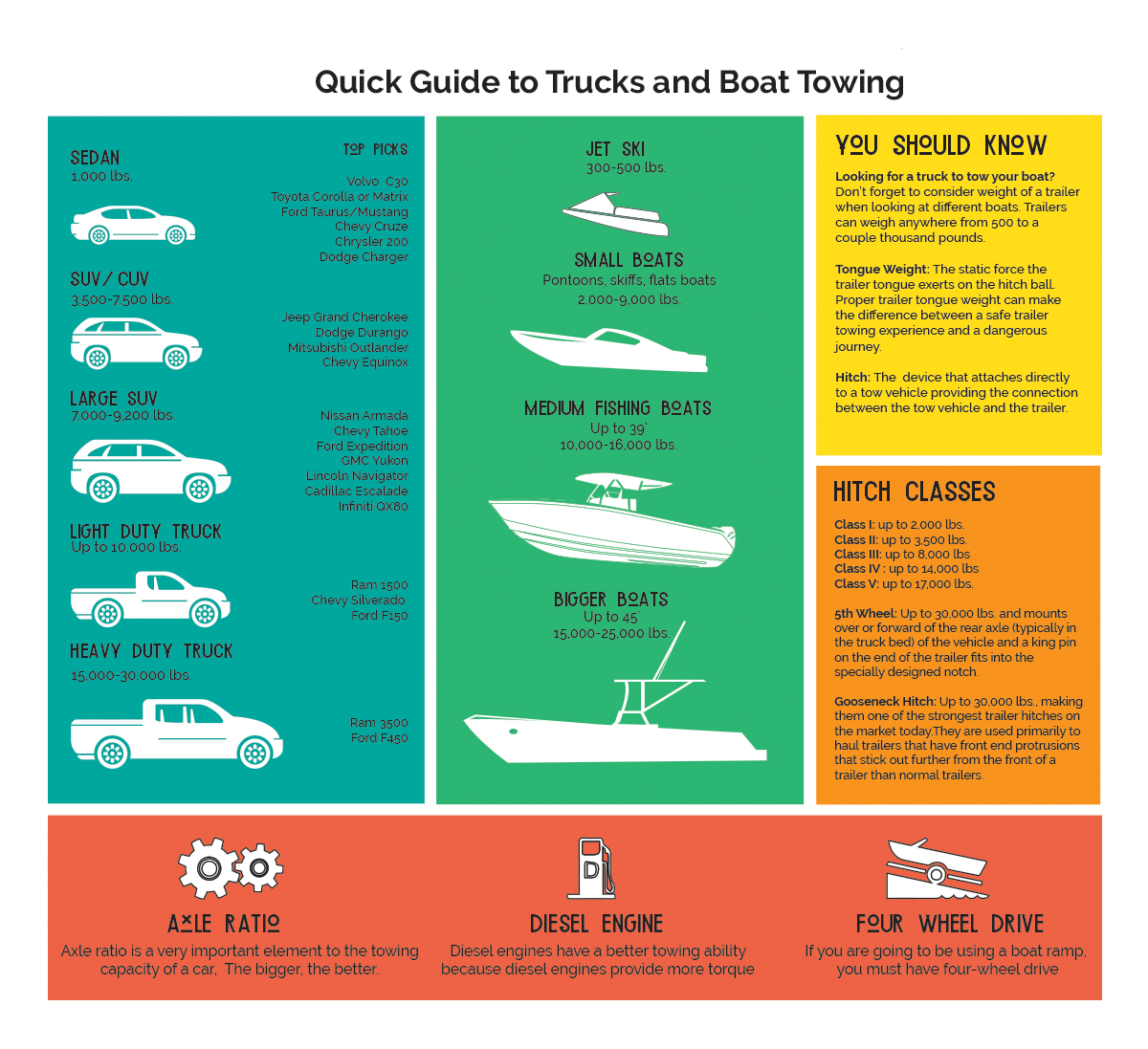
Credit: www.nowcar.com
Frequently Asked Questions For How Much Does A Fishing Boat Weigh
How Much Does A Fishing Boat And Trailer Weigh?
A small fishing boat and trailer combo typically weighs around 900 to 2,500 pounds. Larger vessels and trailers can exceed 5,000 pounds. Always confirm the specific weight with the manufacturer.
How Heavy Is A 24 Foot Boat?
The weight of a 24-foot boat typically ranges from 3,500 to 5,000 pounds, depending on the model and construction materials.
How Heavy Is A 15 Ft Fiberglass Boat?
A 15 ft fiberglass boat typically weighs between 400 to 600 pounds, depending on the design and build.
How Much Does A 12 Foot Boat Weigh?
The weight of a 12-foot boat can vary, typically ranging from 100 to 600 pounds, depending on materials and design.
Conclusion
Understanding the weight of your potential fishing boat is crucial. It impacts transportation, capacity, and usage. Whether you’re angling for leisure or commercial gain, ensure your choice aligns with your needs and limits. Remember, a suitable vessel makes every fishing trip more enjoyable and efficient.
Choose wisely and happy fishing!
